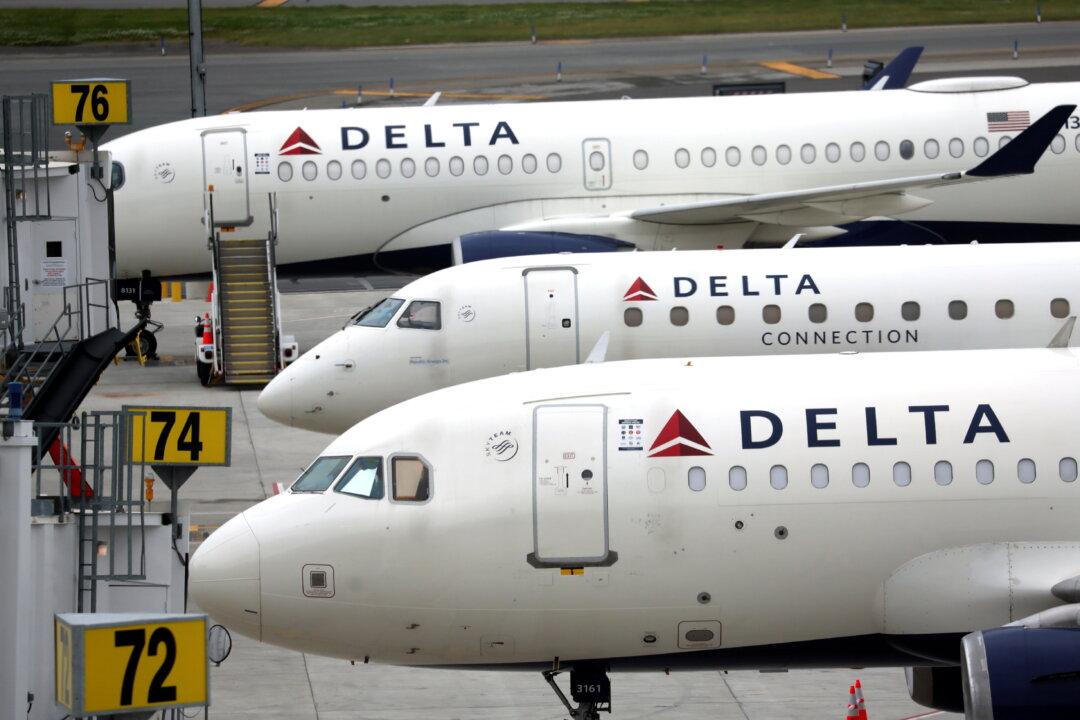Pilots from Delta Air Lines have voted overwhelmingly to strike to negotiate for better contracts, with the airline insisting that its operations are currently not impacted by the development.
In an Oct. 31 press release, the Air Line Pilots Association (ALPA) announced that 99 percent of the participating Delta Air Line pilots voted to authorize their union leaders to call for a strike in order to achieve a new contractual agreement with the company. Currently, Delta pilots are working under pay rates that were negotiated in 2016. Negotiations for a new agreement kicked off in 2019 but remained on ice because of COVID-19 pandemic lockdowns. Talks resumed in January this year.





